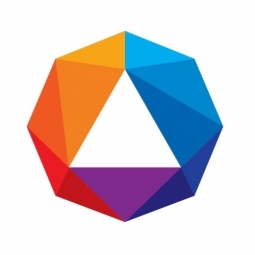Case Studies.
Add Case Study
Our Case Study database tracks 18,927 case studies in the global enterprise technology ecosystem.
Filters allow you to explore case studies quickly and efficiently.
Download Excel
Filters
-
(1)
- (1)
-
(1)
- (1)
-
(1)
- (1)
-
(1)
- (1)
- (1)
- (1)
- (1)
- (1)
- (1)
Selected Filters

|
Simeco Streamlines Teka Oven Line Assembly with RFID
Simeco is the manufacturer of Teka premium cooking appliances. Teka strives to combine quality, convenience and efficiency in everything they do, to achieve the best solution for its customers. The joint effort to provide “meaningful experiences” for their customers begins at Simeco’s 24,000 square meter manufacturing facility, which has the capacity to build 500,000 units a year, on its six production lines. It is at this site where the company manages the materials used for assembly, the assembly process itself, and also constantly seeks ways to improve efficiency and eliminate errors.As part of that effort, Simeco wanted a technology-based solution that would automatically monitor the receipt and consumption of materials, as well as the work taking place on its production lines, and automatically detect and prevent any errors in the testing and control processes.The company wanted the technology not only to bring real time visibility into its product processes, it wanted a way to manage the overall equipment effectiveness (OEE) as well.Simeco needed an automated system to be able to detect and identify when an error could be made in mounting components, as well as provide support for assembly workers by displaying relevant instructions on the assembly floor. The technology also needed to be able to capture analytical data so the company could continue to improve its processes.Litum’s UHF RFID solution automatically tracks a tagged component or unit as it moves through assembly. With location and status data from the solution, the software can provide contextualized information to those on the assembly floor and to managers overseeing processes, historically as well as in real time.To ensure the technology would meet the company’s needs, Litum customized the solution, thereby reducing costs. One example was the engineering of the tags themselves: Litum worked with Simeco to develop a reusable tag, thereby increasing sustainability and reducing cost. The reusable tags, attached and detached with a specialized assisting tool, uniquely identify a component, and can be detached and reused on subsequent assembly processes.Litum also specially designed the middleware to integrate with the brand's existing manufacturing system. The result is a software platform known as the Simeco Traceability Software.
|
|

